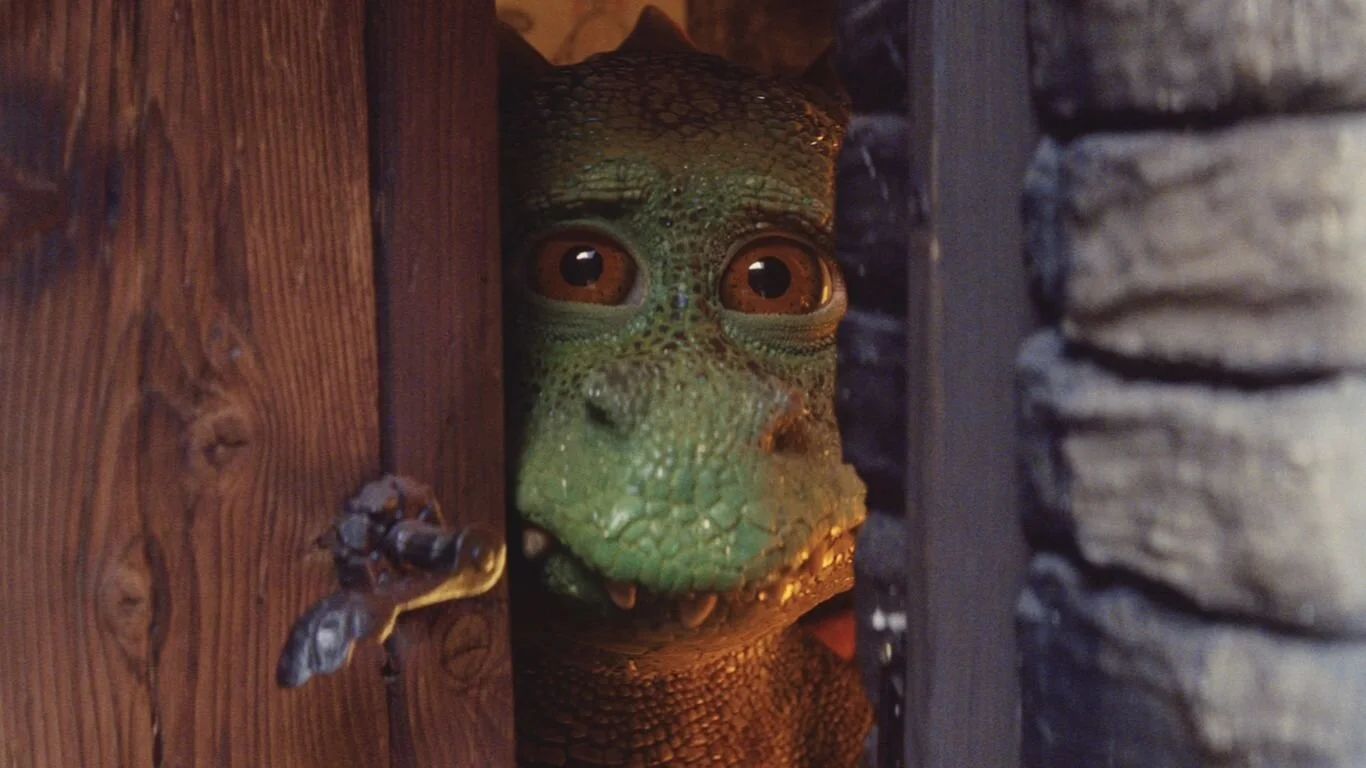Well, it certainly sounds better than ‘doing bad’. Is there such a thing as a ‘good’ way of selling wine?
To answer that would depend on what your personal definition of what ‘good’ is. You only have to look at the rancour thrown at our political leaders about their different approaches to ‘doing good’ things for the country to appreciate that. Whilst some might think increasing taxes on the rich to help fund better social investment for all is a step in the right direction, others will see it as an affront on their personal ability to make money and prosper. So it is a delicate balancing act to get right. Overall as a nation 65% of people regularly give money to charity or fund raising initiatives, which amounts to over £10 billion a year (Charities Aid Foundation). The equivalent of running the NHS for a month, building 20 hospitals, paying for an extra 250,000 nurses, 120,000 hospital doctors or funding well over a million hip replacements (The Kings Fund).
That’s a lot of hips. But what has this got to do with what we all do every day?
What we all do every day, in whatever field you work in, is to ultimately create a product or provide a service that we want someone to buy or take part in. How you go about doing that is up to you. But the world around you, thanks in part to the fact we can watch it all in the palm of our hands through our smartphones, is becoming much more choosy about who it wants to do business with. Yes, I will buy your product, take your service, but is that it? What else are you doing to help me and make me feel better about myself and the community I live in? For that is the interesting twist in our giving culture. It is becoming far more about how it makes you feel, what it does to your personal life, as it is about improving the conditions for someone else.
That sounds a little cynical?
It does, yes, but it’s still true. Smartphones and social media may have brought us all closer together, but they’ve also created a “what’s in it for me” culture, that sits, at times, uncomfortably, alongside our expectation that our favourite retailers and brands should be ‘doing good’.
Anything else?
We are, once we get the General Election out of the way, entering the season of goodwill. The time of the year when we are expected to be looking out for each other, buying gifts, sharing the love. It’s also when the country’s biggest retailers and household brands vie with each other to be seen as the most caring, sharing, helpful, thoughtful company of them all. Being seen to be good is, when it comes to retailing, also increasingly good for business. We remember, and care, about all those John Lewis adverts as deep down it also makes us feel better about ourselves - and the retailers and the advertising industry knows it. Emotion sells. Whether we all rush to Waitrose is another thing, but as retail chain, it has set the benchmark for how all other retailers and brands are judged. Just how ‘good’ are you compared to the dragon-loving John Lewis or Waitrose down the road?
Here’s me thinking it was just them wanting to make a nice cuddly Christmas advert?
They do, but as the IGD has identified, being seen to be ‘good’ is one of the five biggest retail trends of the year. How can they help the customers and communities they serve live better and more sustainable lives. Two of the other big five IGD trends are around health, wellness and sustainability. Which all fit neatly into our collective desire to only buy goods and work with companies we either believe are ‘doing good’ or make us feel better buying from them or both. It is noticeable that for all our apparent desire to protect ourselves online, two thirds of consumers will willingly share personal data with brands and retailers if they feel they are going to get a more personalised service and offers in return (Accenture).
What about wine?
Exactly. What are wine merchants and retailers doing to make their customers feel good about the wine they are buying? After all it’s essentially a product that your doctor will tell you is not good for you, and it’s hardly number one in the sustainability stakes considering how much water and carbon footprint goes into a single bottle. For all the Naked Wines peanut throwers out there, it has a business model that makes over 500,000 people in the UK, US and Australia feel pretty good about themselves. They have bought into the idea of giving £20 a month so that they can collectively fund and help start-up winemakers to go on and make their dream wines. They can even call themselves ‘Angels’ for doing so. Now Naked is not going to be number one in the FTSE 100 any time soon, but in terms of being seen or perceived to be 'doing good' and making its customers 'feel good' about themselves there is much for the rest of the industry to take lessons from.

